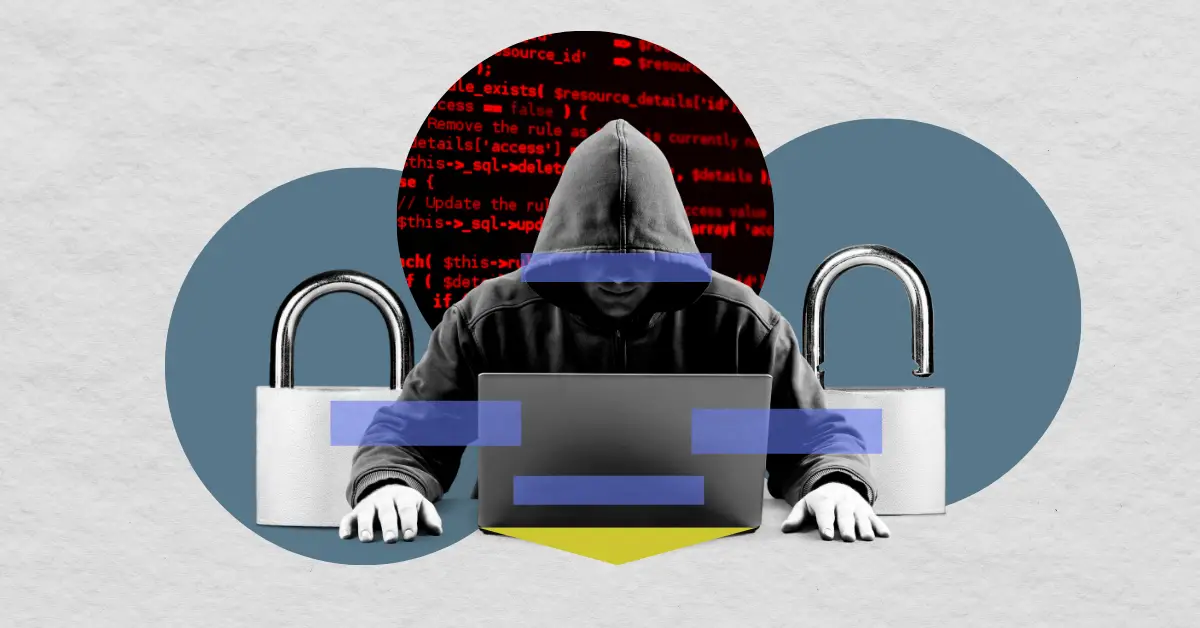
The United States Department of Justice has extradited Evgenii Ptitsyn, a 42-year-old Russian national, from South Korea. Ptitsyn faces serious charges related to his alleged involvement with the Phobos ransomware, a notorious tool that has wreaked havoc on numerous organizations worldwide. While some accomplices contributed technical skills or facilitated the transactions of the ransomware, Ptitsyn is accused of a more pivotal role. He allegedly orchestrated the movement of more than $16 million by managing the sale, distribution, and deployment of the malware, affecting over 1,000 victims across both public and private sectors globally.
Phobos Ransomware: A Persistent Threat
Phobos ransomware operates as a Ransomware-as-a-Service (RaaS) model, enabling affiliates to target critical sectors such as healthcare, education, and government institutions. This malicious software encrypts victims’ data, demanding ransom payments with a threat to expose sensitive information if the demands are unmet. According to the Department of Justice, from 2021 to 2024, affiliates funneled decryption fees into digital wallets allegedly controlled by Ptitsyn. These payments, made in Bitcoin (BTC), were traced by law enforcement to a distinctive wallet linked to him. The investigation further reveals that Phobos gains access to systems primarily through phishing schemes and forceful attacks on the Remote Desktop Protocol (RDP).
Charges and Potential Penalty
Ptitsyn’s indictment includes 13 counts, comprising wire fraud, computer fraud, and extortion. Each charge could result in a prison sentence of up to 20 years. This extradition was a result of extensive international collaboration, encompassing efforts from South Korea, Japan, and multiple European nations. This cross-border cooperation underscores the seriousness with which global authorities are treating cybercrime.
Conclusion
The extradition of Evgenii Ptitsyn underscores the intensifying global initiatives aimed at combating the pervasive threat of ransomware. As societies and economies increasingly rely on digital infrastructure, international law enforcement agencies are reinforcing their efforts to apprehend cybercriminals and protect critical systems. This case serves as a poignant reminder of the necessity to fortify cybersecurity measures worldwide to safeguard against such malicious activities.






